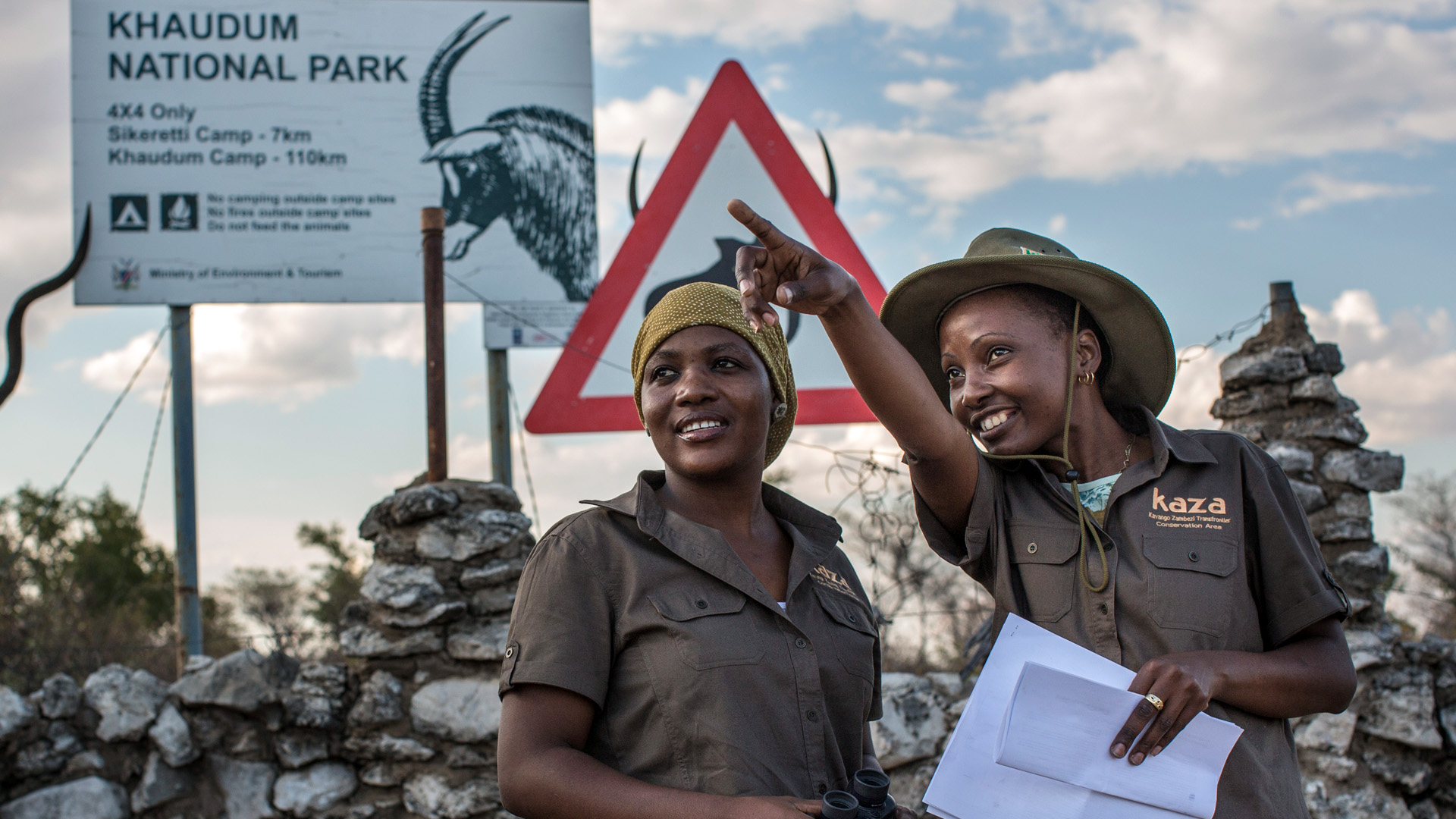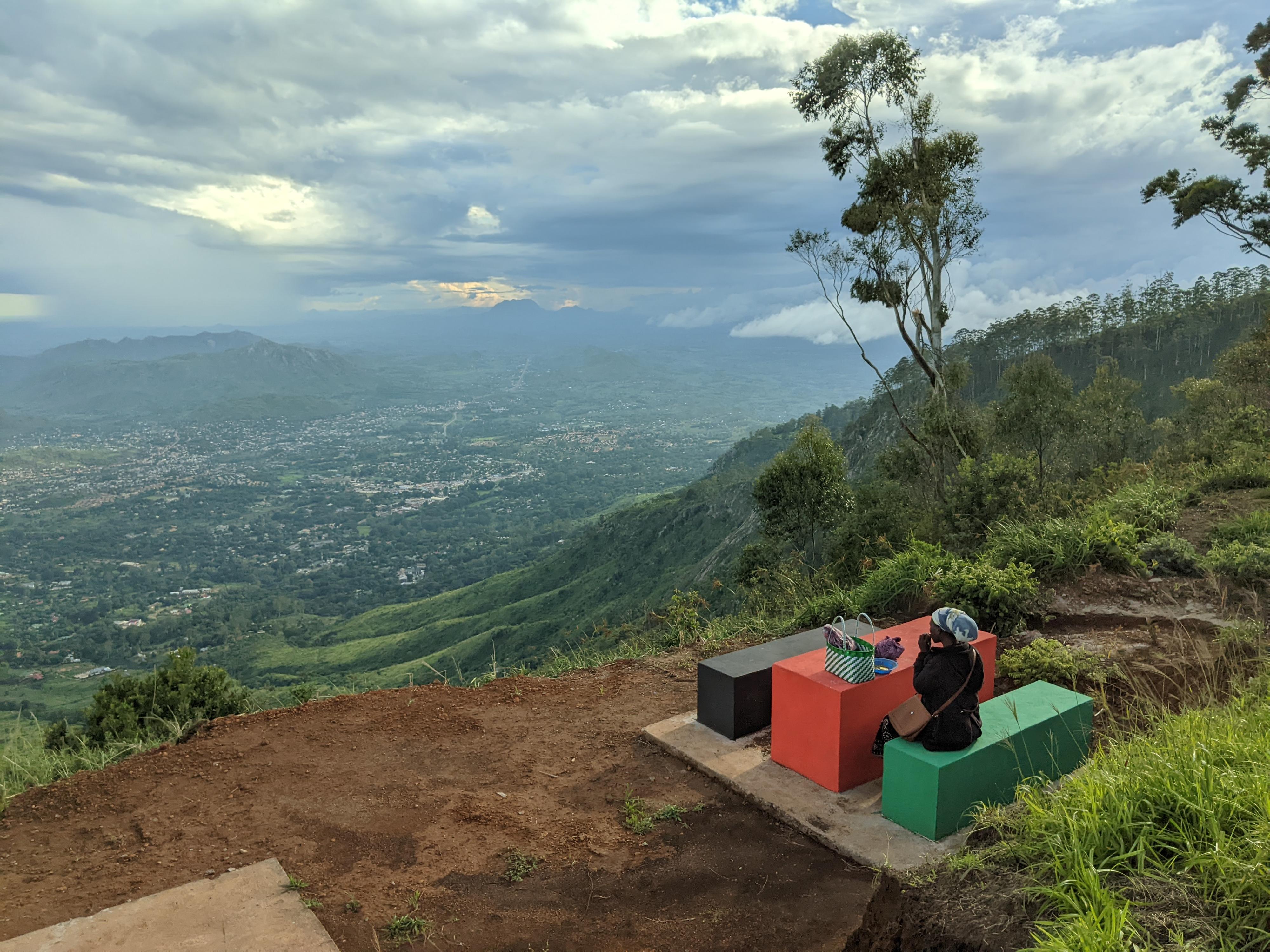For decades, tourism has been one of the fastest-growing industries worldwide. While the number of international tourist arrivals in 1950 was only 25 million, it had risen to 674 million by 2000. In the last year before the COVID-19 pandemic, 2019, there were as many as 1.5 billion international tourist arrivals worldwide. The World Tourism Organization (UN Tourism) estimates that the number for 2024 will be even higher. Domestic tourism has also become more and more important.
As the number of tourists has grown, so has the economic significance of tourism. In 2023, tourism accounted for about ten per cent of global GDP (gross domestic product). About one in ten jobs worldwide is directly related to tourism.
Over the past few decades, the importance of tourist destinations in the Global South has increased continuously. While in 1995 the share of international arrivals in developing countries and emerging economies was only 26 per cent, it was already as much as 38 per cent by 2010. More than half of all Germans have already visited an emerging or developing country.









